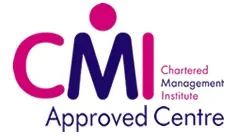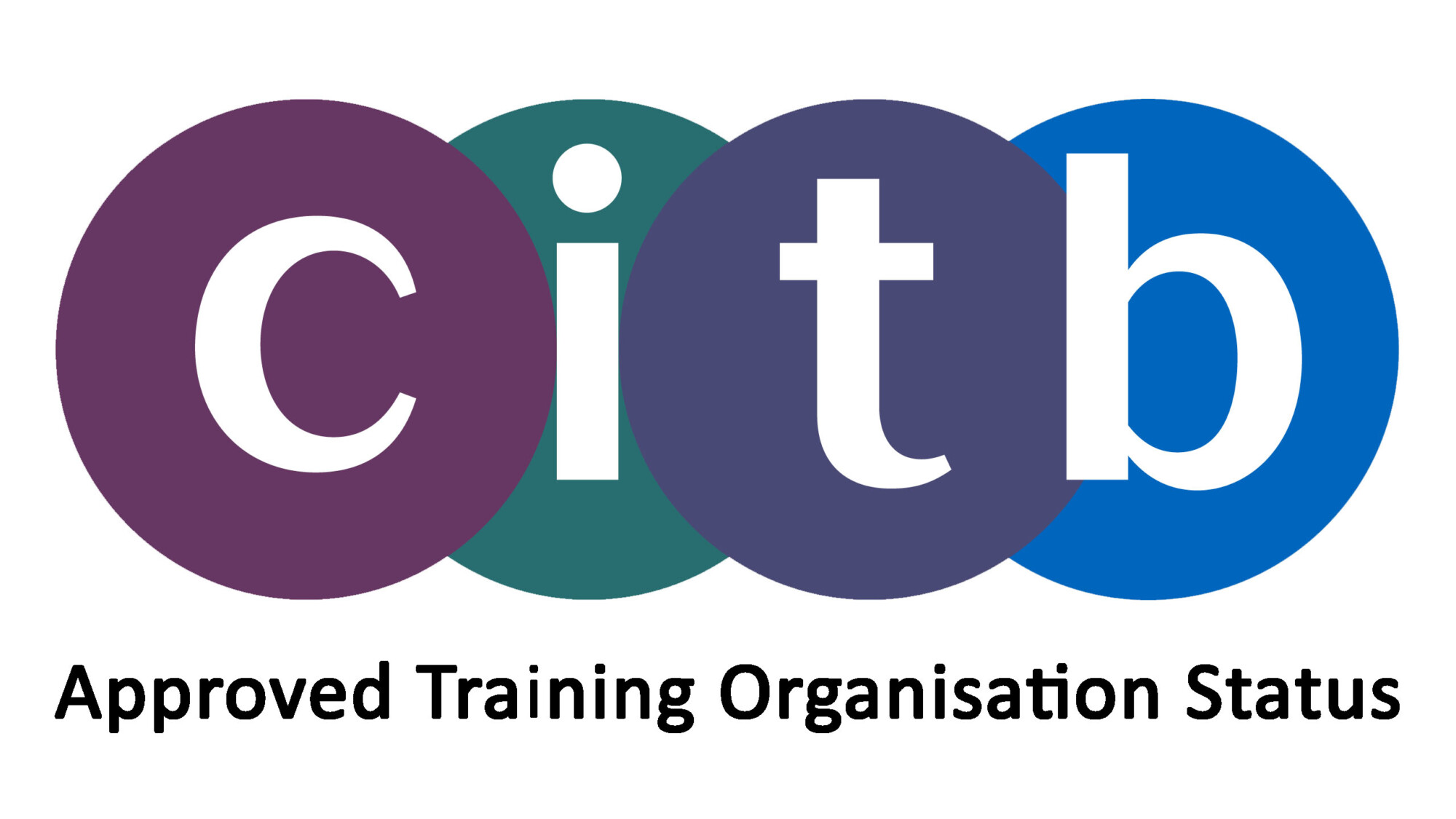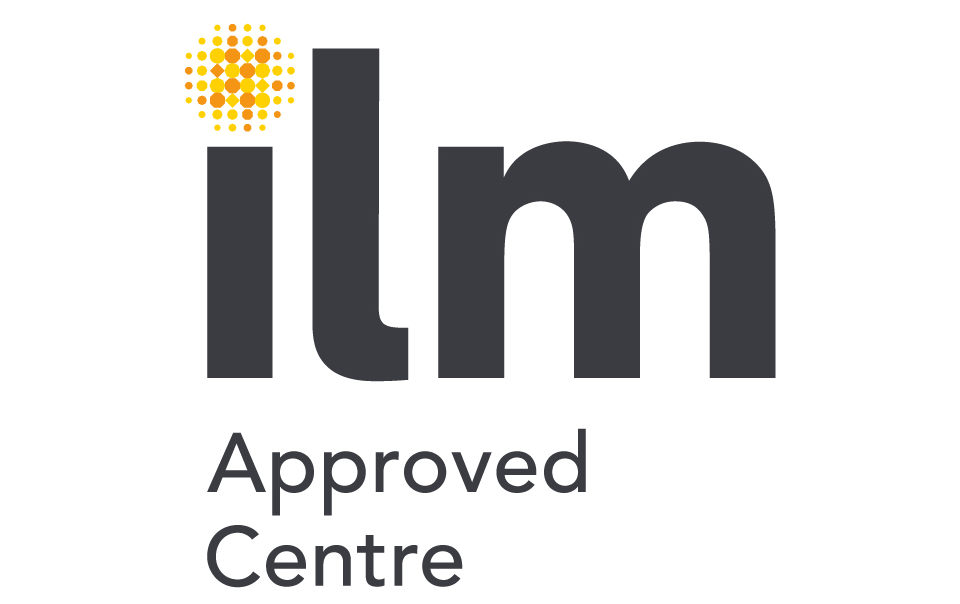How To Improve Communication Skills Within The Workplace
Improving your communication skills will help you in every phase of your life, but they are especially important within the workplace. Your ability to communicate effectively can determine how you will perform in your career.
Below we will discuss 5 key communication skills for workplace success:
Listening Skills
Being a good listener is half of what it takes to become a good communicator, this explains the popular saying: “You have two ears and one mouth for a reason”.
Practice active listening to learn how to really hear your colleagues and take in their points. This will enable you to answer their questions and provide thoughtful answers in a meaningful way.
If you’re the kind of person who is always waiting to get their words in, you are most likely not listening to half of what has been said. This means your comments are only going to be half as relevant as they could be.
Listening skills are especially important during Zoom meetings and muted microphones, so, if you’re always distracted checking your emails or tapping away sending text messages, you won’t be actively listening.
Minimise Communication
We probably all know an associate or colleague who will often overwhelm you with an avalanche of words and information. Often, when you ask them a question, you become more confused after they have answered because they have over-communicated.
The main goal of communication is to share actual information and clarity, not to confuse others. Said what needs to be said succinctly without creating an onslaught of words and information that will confuse the listener.
This doesn’t mean you can’t have small talk, discuss the weather or talk about your latest holiday, but rather when you do get down to business, remember good communication skills to clearly get your point across without overcomplicating topics.
Body Language
Although it has become increasingly hard to read body language through video calls and conferencing, nonverbal communication is still an important skill to learn.
When we are meeting with people we are comfortable with or sitting in front of our laptops in the comfort of our own homes, we will often find ourselves crossing our arms, slouching, and relaxing into the chair. You must remember crossing your arms and slouching can be seen as a sign of disagreement or conflict.
The easiest way to present good body language is to work towards having an open presence whenever possible. This includes a relaxed yet straight posture, uncrossed arms, and looking people in the eye (or camera) when speaking to them. Remember to speak in a clear voice to convey confidence through your words, trying to avoid filler words such as “uhm” or “like”.
Know Your Audience
One of the most critical components of improving your communication skills is knowing your audience.
The way you interact with your colleagues will be different from the way you interact with your manager or director, and this will differ from the way you interact with an important client.
Imagine you’re using the same choice of words and body language you would use with your spouse whilst you interact with your boss. You would not want to do this! Always ensure you are using the type of communication most relevant to your audience.
Know When, if, and How to Communicate
Knowing when, if, and how to communicate a message is a highly important skill to have within the workplace. Even if you have an amazing point, if you deliver it incorrectly you will diminish its power.
This is your chance to be strategic when communicating and it can help you draw focus on the importance, method, and context of how you’re communicating. Delivery is everything when you have a message, so you must evaluate the best way to get your point across.
- When: Know the time and place you should deliver your message. E.g. whether it’s in a specific meeting or privately.
- If: Is communicating this message absolutely necessary? Over-communication can be a decision and encourage others to take you less seriously. Effective communication involves only discussing what’s necessary.
- How: Do you need to announce this in the morning meeting? Would it be best through email? Or do you need to verbally communicate this message to get your point across? An essential communication skill is knowing the best way to get your message across.
Keystone offers a variety of training courses online, specialising in communication skills, in a webinar format. Perfectly suited for your business development needs. Get in touch today to discuss the best training opportunities for your organisation.


